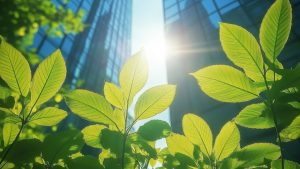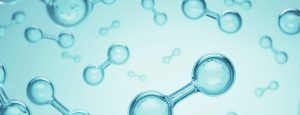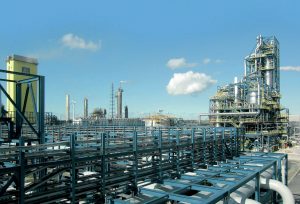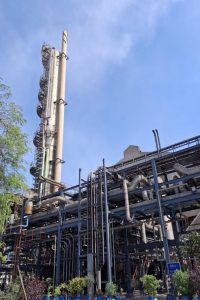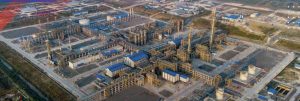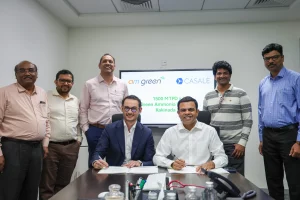
Axens expands TGT catalyst production
Axens says that it has completed the expansion of its Axens Catalyst Arabia Ltd site, aimed at providing local and regional partners with the latest tail gas treatment catalysts, in addition to the site’s legacy catalyst hydroprocessing manufacturing capacity. This makes Axens is the first and only company to produce tail gas treatment catalysts in the Middle East. The company says that the expansion consolidates its capacity to serve its regional customers to meet regulatory requirements and maximise sulphur recovery by up to 99.9%, minimising SOx emissions. The production site supplies the region’s refining and gas industries with the latest generation of Axens’ catalysts, capable of operating at lower temperatures than conventional catalysts, and resulting in lower energy consumption.

